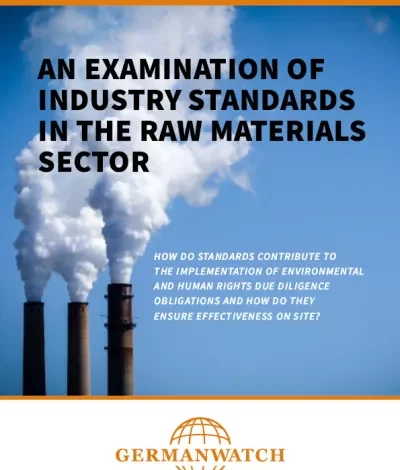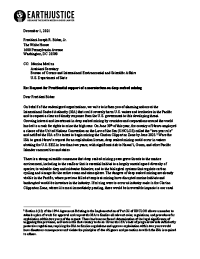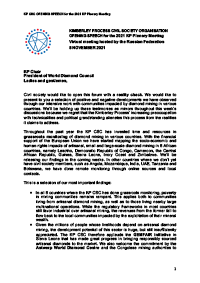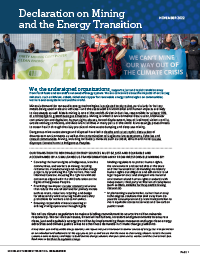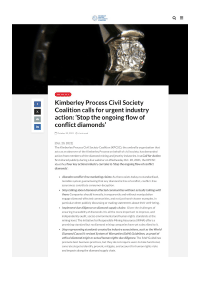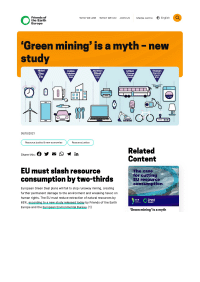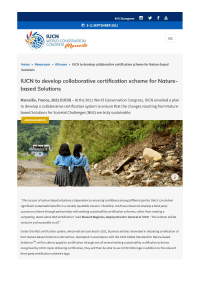Germanwatch
published “An Examination of Industry Standards in the Raw Materials Sector.”
Germanwatch determined that, unlike all other evaluated standards, IRMA satisfied the majority of its evaluation metrics. Regarding audits in they remarked, “we should emphasise in particular here the certification report by IRMA, which provides detailed and differentiated information about the knowledge acquired within the scope of the audit and sheds light on details on the state of implementation [where others do not]. IRMA shows that transparent communication is possible.”

